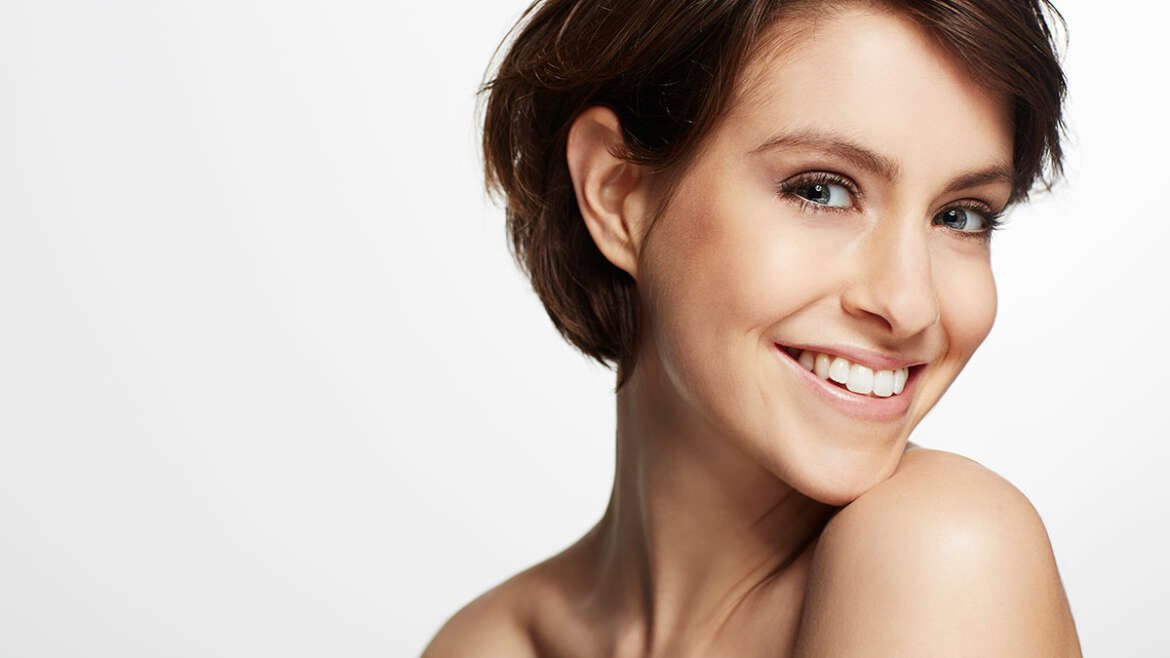The holy-grail ingredient you’re missing in your skincare routine: Vitamin A
With thousands of skincare products on the market claiming to produce radiant, flawless skin, it can be hard for consumers to know which products and what ingredients to incorporate into their everyday skincare routine. Skin care should be simple and easy to follow with the right ingredients to truly make a difference. Forget the pile of miscellaneous products purchased for the local chain beauty supply store that are doing nothing but cluttering your bathroom cabinet. Instead, incorporate this scientifically proven skincare ingredient that offers a wide-array of benefits to all skin types ––Vitamin A.
Vitamin A is a must-have product for skincare experts, as it simultaneously works to correct blemishes, defend against wear-and-tear, and support youthful, healthy skin. As a potent antioxidant, it serves as an all-in-one anti-wrinkle, anti-aging, and anti-inflammatory product.
In skincare, vitamin A is listed in its active form, retinol/ retinoid.
As one of the most extensively studied ingredients since its discovery in 1943, retinoid is a safe, easy addition to anyone’s skincare routine, and yet is underutilized. Retinoid is recommended by dermatologists to target fine-lines, dark spots, and acne, but also to support youthful, plump skin. Here is a closer look at why and how everyone should be using retinol in their skincare routine.
Retinoid Benefits:
Slows and improves signs of aging: Supple, smooth, youthful skin is due a protein naturally produced in the body called collagen. Collagen is a connective tissue present all over the body and is a major part of hair and nails. Retinoid stimulates the production of new skin cells by increasing collagen production at the dermis –– the skin’s deepest layer. Increasing collagen production improves the appearance of fine lines, scars, burns and stretch marks by building up the skin’s base with new, healthy tissue to create a plump, firm appearance. At the same time, retinoid reduces the destruction of existing collagen and elastin, actively slowing the process of aging at the skin’s cellular level.
Improves skin texture and tone: Retinoid speeds the process of cell turnover in the skin to create a layer of bright, smoother looking skin. Cell turnover is where old skin cells (which can cause dull, uneven complexion) are replaced with new, healthy cells. Increased cell turnover also clears pores –– tiny holes around hair follicles that can get clogged from old, dead cells–– minimizing their appearance and blackheads. By using retinoids, the rate of cell turnover is increased, creating youthful, undamaged skin, free of bacteria that can cause oily skin, acne, and hyperpigmentation.
Combats acne and hyperpigmentation: Prescription strength Vitamin A, retinoic acid, was the first FDA-approved acne treatment on the market. By increasing cell turnover, it exfoliates and regulates oil production to prevent breakouts from occurring. Retinoids treat existing blemishes by reducing inflammation, which can lead to redness and hyperpigmentation over time.
Defends against disease as an antioxidant: Although the term “antioxidant” has become a buzzword in the supplement industry, antioxidants are simply a group of naturally occurring vitamins and minerals that protect the body tissue against environmental toxins like UV rays and pollution. As the largest organ in the body, and the only organ with direct exposure to the outside environment, the skin is constantly exposed to these damaging toxins which generate free radicals and reactive oxygen species (ROS). UV damage alone contributes to 80% of total ROS buildup in the body, and clings to collagen at the dermis. Overtime, ROS buildup weighs down the skin and makes it less elastic. This accelerates the development of wrinkles and makes the skin susceptible to developing diseases like cancer. Retinoids actively defend against this process, protecting the skin from environmental damage, signs of aging, and the risk of disease.
When should I start using Vitamin A in my skincare?
Collagen loss is the primary cause of wrinkles and fine lines, and it can also increase the amount of environmental toxins that get into the body. Retinoid use at any age slows the rate of collagen decline and increases its production. Collagen in our skin naturally starts to decline in our 20’s. For women in particular, collagen production can decrease up to 30% in the first five years of menopause. It is never too early to start incorporating Vitamin A products into your skincare routine!
How to add Retinoids into your skincare routine:
Retinoids range from over-the-counter (OTC) weak forms to very strong prescription strength Tretinoin.
OTC products are less potent than prescription retinoids and less likely to cause irritation, however they may not work as well as prescription strength. Straight prescription strength Retin-A can be too harsh for many people to tolerate and they stop using it all together and miss out on all of its benefits. My medical grade Retinol-50 Serum and Nia-Reclaim-100 are strong enough to make a change but are tolerated very well. I’ve added niacinamide (Vitamin B3), in Nia-Reclaim-100, to help reduce redness without compromising the strength of the vitamin A for patients with very sensitive skin. Retinoids can cause dryness so I do recommend starting with a small amount and not using it every night at first: apply a pea-size amount at night, 2 times per week for the first two weeks then increasing to three times a week and see how your skin tolerates it. Ideally, the skin will tolerate daily use over-time.
Avoid using other harsh products on your skin while using retinol, such as AHA/ BHA acids and benzoyl peroxide. Over time after several months of use when you skin have become accustomed to the retinoid, you can alternate these products into your routine. Retinoids make the skin more sensitive to UV rays, therefore wearing a broad spectrum sunscreen every day in the morning and reapplying in afternoon is very important to further protect from damaging UV rays and prevent the breakdown of retinol.
Call us to schedule a consultation with our experienced nurses or estheticians to learn more about the best way for you to incorporate retinol into your skincare routine. 201-505-1020

